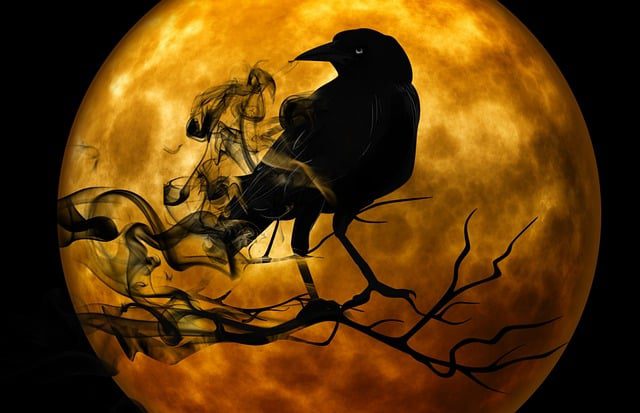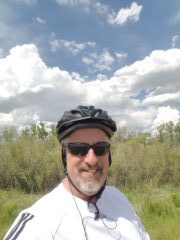A good book in the fall is like a fire in the hearth; it warms the soul against the coming cold.
Unknown
The best reading season of the year is…
I am of the opinion that autumn is the best season for reading. There is just a certain magic about reading in the fall that the other seasons just seem to lack. Sure, winter is certainly a good time for reading books because, speaking for myself here, there is little else to do. But there’s no particular enchantment in winter reading.
Spring is a season of revitalization. While the first few weeks are in many parts of the country are called “mud season”, there still is a charge in the air. We become energized as the days grow longer and the sun shines brighter. The winter lethargy lifts and we want to get moving again. Which is why spring cleaning is a thing. When the outdoors is calling, who wants to read?
The first few months of summer are usually packed with all sorts of activities. Traveling, camping, going to the beach, BBQ’s, summer projects, etc., etc. There’s a reason “summer” or “beach” books are usually light and easy reads. With all that going on, who has time to read?
Then comes August, the hottest month of the year. And along with it comes the late summer brain fog (which actually a thing: https://verybigbrain.com/outside-influences/beating-the-summer-brain-slump-why-heat-and-distraction-kill-focus-and-what-to-do-about-it/. Who knew?), and the thought of slogging through a book when it’s 1000 degrees outside is just one hurdle too high.

The enchantment of autumnal reading
Autumn is a season of contradictions. On the one hand, it’s a season of celebration. When summer’s heat finally dissipates, many of us find we can comfortably go outside again, where we can revel in Mother Nature’s fall foliage finery. Football, both college and pro, is back. For some, it is big game hunting season. For others, it is a time to enjoy Oktoberfests, corn mazes, and pumpkin festivals.
On the other and, autumn is also a melancholy season. The days are now shorter than the days, the sunlight is noticeably dimmer. The mornings grow ever chillier, a harbinger of the colder and drearier months that yet lie ahead.
As well, throw in the fact that we are now in the final quarter of the year. The final stretch, as it were. After being in a state of blissful suspended animation during the summer, reality intrudes and reminds us that time is, and has been, relentlessly ticking away. We become aware of our mortality. The fact that there is a holiday at the end of October that basically celebrates death reinforces this awareness.
All of this makes for a perfect season for quiet study and contemplation. It’s a time to relax a little, for unwinding, for learning to let go.
Well, at least it is until Thanksgiving rolls around.
My autumn reading list
The Vietnam War: A Military History by Geoffrey Wawro

My knowledge of the Vietnam war is lacking, which is a shame. My father served in Vietnam (Da-Nang 1965-66), as did many of my supervisors and mentors during the early years of my career in the Air Force/Air National Guard. I guess I’ve given this war short-shrift because it was a divisive war that ended in failure. Who wants to read about that. Ironically, just 30 years after American troops pulled out of Vietnam, I myself deployed to a divisive war that ended in failure (Iraq 2003, 2007-08 & 2009).
I’m thinking Geoffrey Wawro’s ‘The Vietnam War: a Military History‘ is a good place for me to correct this egregious oversight. This book a recent release, which means it should include a lot of information that has been declassified in in the past couple of decades. For example, The Gulf of Tonkin Incident that helped precipitate America’s involvement in the war was long suspected to be a false flag operation created by the Johnson administration, has been revealed that was indeed the case: https://www.usni.org/magazines/naval-history-magazine/2008/february/truth-about-tonkinhttps://www.usni.org/magazines/naval-history-magazine/2008/february/truth-about-tonkin. This is not a book I am looking forward to reading, but one that I feel on a personal level I need to read.
Cannery Row by John Steinbeck

After reading a “heavy” historical or current events tome, I like to switch gears and read something light. A mental palate cleanser, if you will. I read John Steinbeck’s Cannery Row way back in high school. I remember enjoying it very much. In fact, it’s about the only Steinbeck novel I ever liked. Steinbeck stated in an essay that he was inspired to write a light-hearted book in response to requests from soldiers and sailors serving during WWII. The troops asked him to write about anything but the war. They were both homesick and sick of the war.
So, Steinbeck wrote about ‘Doc” and the other denizens who lived in Monterey, California during the Great Depression. Sounds grim, but it’s actually a comedy.
Holmes on the Range by Steve Hockensmith
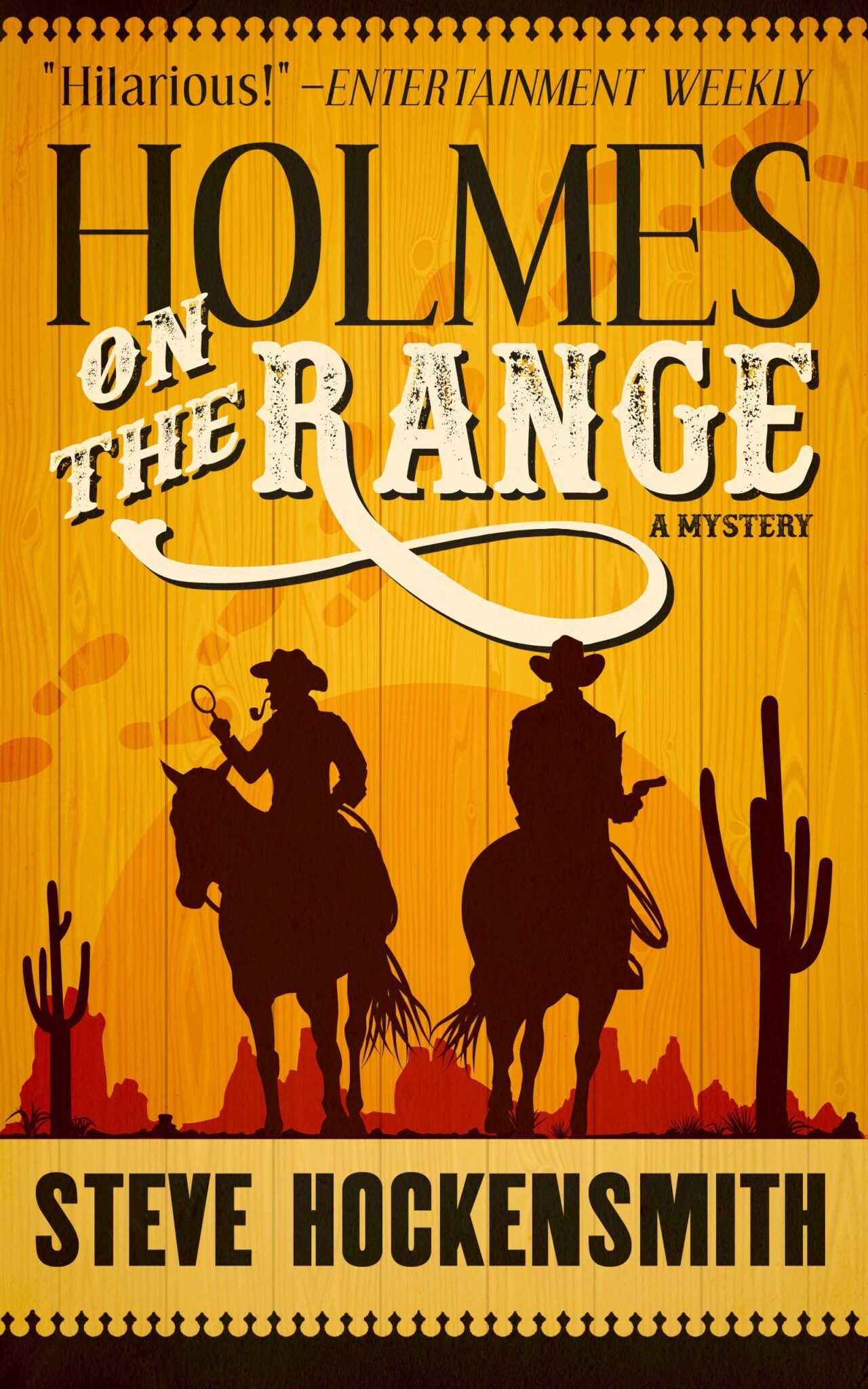
Holmes on the Range by Steve Hockensmith is the first in a series of mysteries concerning the Red brothers. I know nothing about this series, but how can you go wrong with a murder mystery set in the Old West? Hopefully, you can’t.
The series is set during the tail-end of the 19th century, when the American frontier has officially been closed. Brothers Old Red and Big Red struggle to find work. Taking a job at a remote ranch in Montana, the brothers love to read Sir Arthur Conan Doyle’s Sherlock Holmes mysteries during their sparse free time.
When a fellow cowpoke at the ranch turns up dead, the Red brothers decide to apply all they’ve learned from Sherlock Holmes to solve the mystery. Sounds like the making of a good yarn.
Shards of Earth by Adrian Tchaikovsky
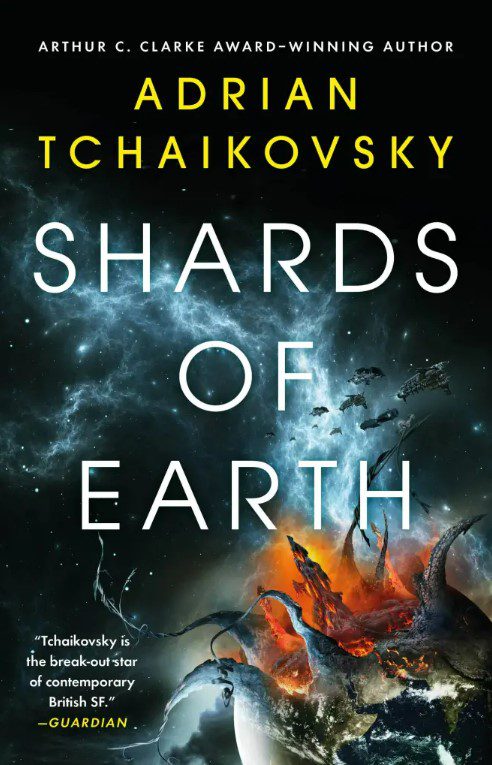
Here’s a another first of a series I know little about. I have to say, fantasy and science fiction has become so boring and derivative over the past couple of decades that I struggle to find anything that interests me in the genre anymore. I took a gamble on the Expanse books by S.A. Corey (https://www.bookseriesinorder.com/expanse/), and they turned out to be some of the best sci-fi I have ever read.
So, I am taking another gamble with Adrian Tchaikovsky‘s The Final Architecture series. In the distant future, humanity faces a mysterious foe they call the Architects. The Architects destroy worlds, for reasons known only to them. In desperation, humans have created modified soldiers to battle the Architects. Then the Architects seemingly retreat and vanish. The modified humans now have to try to integrate into a society they don’t understand and that would prefer not to have them around.
The first book, Shards of Earth, takes place after earth has been destroyed. One of the modified soldiers decides to find out what happened to the Architects, and if there are other threats looming in the depths of space.
For the spooky season:
As a young lad, come late October I would immerse myself in some scary (but not too scary!) stories in celebration of All-Hallows Eve. That young boy still resides in my soul. So when the Halloween rolls around, and the veil between this world and the next stretches thin, I still enjoy a scary (but not too scary!) story to wile away the hours.
The House of the Seven Gables by Nathaniel Hawthorne
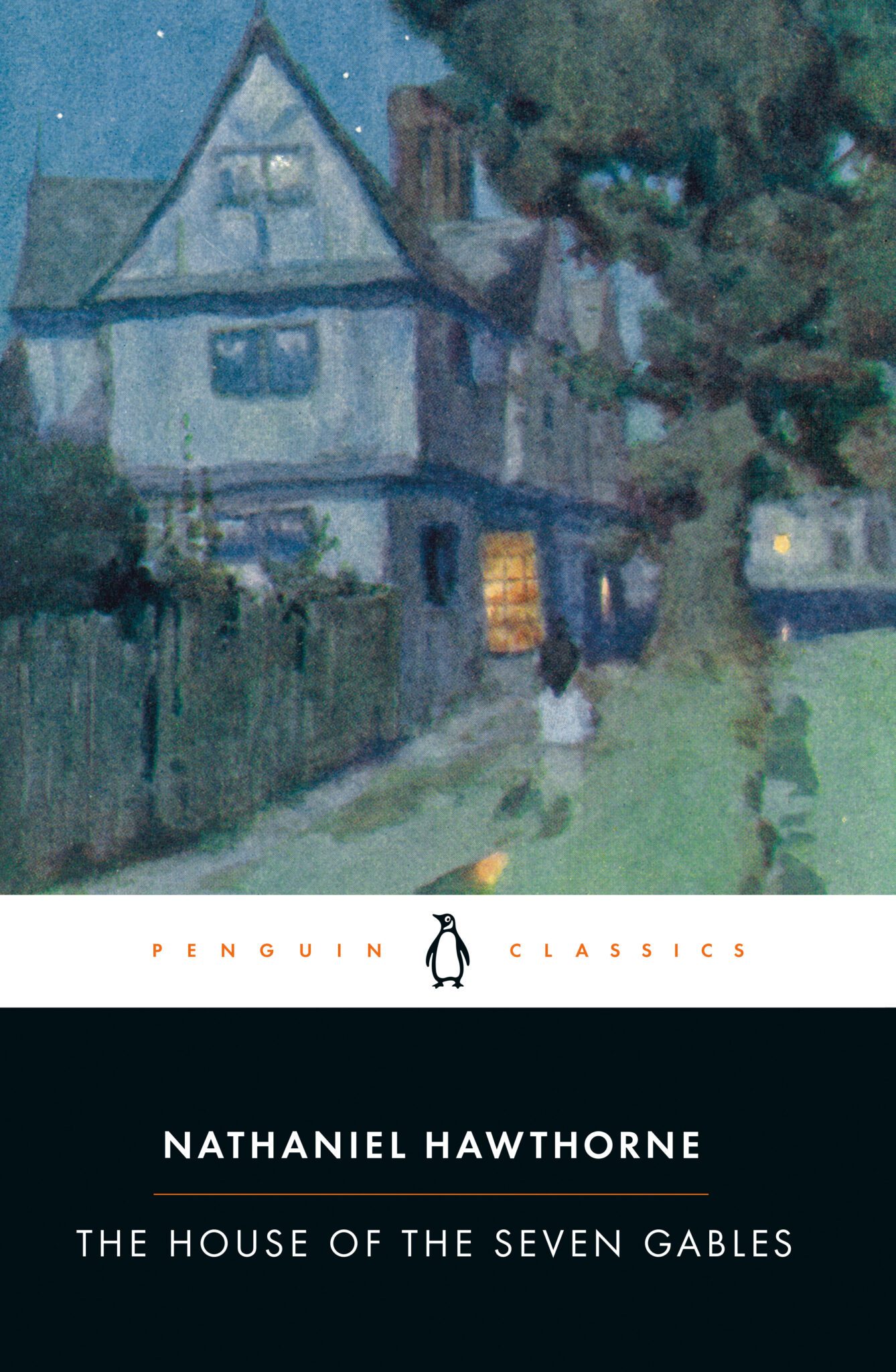
This is another book that I read back in my school daze, but it made no impression on me whatsoever. Now that I am older and theoretically wiser, perhaps I will get more out of Nathaniel Hawthorne’s story of a house with seven peaked roofs (gables). The story concerns a forbidding home haunted by tragedy and, possibly, the paranormal.
Here’s hoping it provides me with a mild scare.
And Then There Were None by Agatha Christie

This is the third year in a row that I have chosen to read an Agatha Christie novel during the eerie days leading up to All-hallows Eve. And to be honest, I have come to realize I am not a Christie fan. She gets fixated on minutiae that bogs her stories down. Monty Python did a skit set in a Christie murder mystery, which unfortunately I cannot find, where the characters were hyper-fixated on train schedules, instead of the actual murder itself. Pretty funny.
Anyhoo, I’m going to Dame Christie one more try. And Then There Were None concerns a rather morbid children’s nursery rhyme, an eccentric millionaire, and a mansion on a remote island. 10 strangers been invited to a millionaires home on an island of the coast of Devon. In each of their rooms is a framed copy of the nursery rhyme. Soon, the guests are knocked off one by one, in a manner described in the rhyme. Sounds interesting, so I am cautiously optimistic.
Enjoy the season
So, when the darkness draws in around you, and a chill settles across the land, and the wind makes the house shudder and creak, give yourself permission to change into comfy clothes, turn on the gas fireplace (if you have one), and lose yourself in the pages of a book. You’ve earned it.

